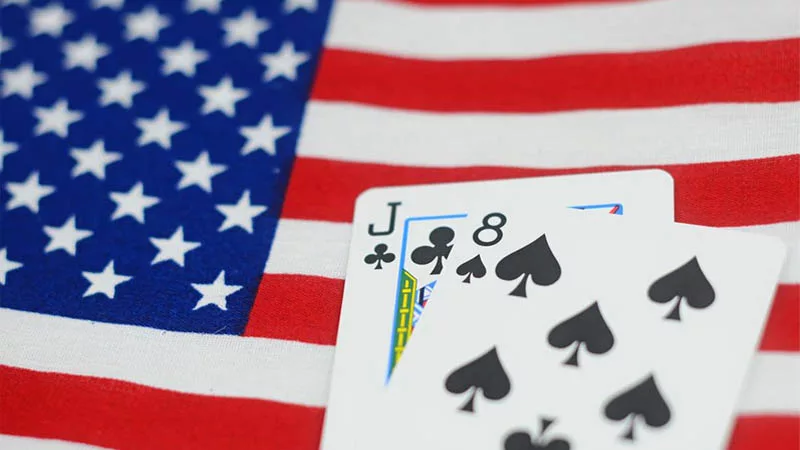
In a major leap for the treatment, prevention, and research into problem gambling, the U.S. has introduced a landmark piece of legislation. The Gambling Recovery, Investment, and Treatment (GRIT) Act, proposed by U.S. Representative Andrea Salinas and U.S. Senator Richard Blumenthal, proposes the first-ever federal funding stream dedicated to addressing problem gambling.
Table of Contents
The Scale of the Problem
Before delving into the specifics of the GRIT Act, it’s essential to understand the scope of the problem it seeks to address. According to data, nearly 7 million Americans are grappling with a gambling problem.
This issue inflicts an annual social cost of around $7 billion on the U.S. economy. Despite these staggering numbers, state health agencies and nonprofits tasked with studying and treating gambling addiction have been chronically underfunded.
The GRIT Act: A Game-Changer
The GRIT Act aims to rectify this dire situation. It proposes to allocate a portion of the current federal sports excise tax revenue towards gambling addiction treatment and research. This funding will be administered by the U.S. Department of Health and Human Services (HHS).
“Gambling addictions are hurting countless families, children, and communities in Oregon and across America. Our legislation will deliver much-needed resources to states and nonprofits, promoting new research and ensuring more people can get into treatment and recovery. This is a commonsense solution and I urge my colleagues to join us in supporting it.” – says Representative Andrea Salinas.
Allocation of Funds
The Act has outlined a clear plan for the distribution of funds. It proposes setting aside 50% of the federal sports excise tax revenue for this cause.
Out of this fund, 75% will be distributed to states for prevention and treatment through the existing Substance Abuse Prevention and Treatment Block Grant program. The remaining 25% will be directed to the National Institute of Drug Abuse for research grants into gambling addiction.
Ensuring Accountability
To ensure transparency and effectiveness, the GRIT Act stipulates a ten-year authorization of spending. Additionally, the Secretary of Health and Human Services is required to submit a report to Congress on the program’s effectiveness within three years of passage.
No Additional Burden on Taxpayers
A significant point to note is that the legislation will not lead to any tax increases or create more bureaucracy. It will draw from the existing federal excise tax revenue and operate within the current HHS programs and procedures.
Support for the GRIT Act
The GRIT Act has garnered support from various quarters, including the National Council on Problem Gambling (NCPG), the Oregon Council on Problem Gambling (OCPG), and the Connecticut Council on Problem Gambling (CCPG). Their backing underscores the pressing need for such federal funding and the potential impact it can have on the problem gambling landscape in the U.S.
The Urgency of the GRIT Act
The introduction of the GRIT Act is timely. With the rapid expansion of sports and online betting, coupled with the ease of placing bets from smartphones, the risk of gambling addiction has skyrocketed. As the number of Americans grappling with this issue continues to surge, legislation such as the GRIT Act is needed now more than ever.
Looking Forward
The GRIT Act is a step in the right direction. It signifies a commitment from the federal government to address problem gambling head-on. By providing much-needed funding for research, prevention, and treatment, the Act can bring us closer to minimizing gambling-related harm and reducing its impact on countless American families.
In the meantime, help is available for those struggling with problem gambling. The National Council on Problem Gambling offers a wealth of resources, including a gambling behavior self-assessment, information about treatment, and a helpline to connect individuals with help in their state.







